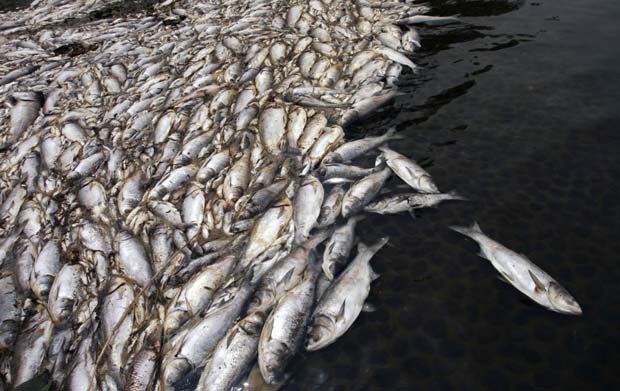Together we stand
Nature 15 May 2013
[dropcap]I[/dropcap]n the middle years of the last decade, when political concern over climate change was at its height, politicians liked to boast that they had broken the link between economic growth and greenhouse-gas emissions. They hadn’t, as the impact of the global financial crisis and the tentative recovery showed: emissions in some places slowed temporarily but have now resumed their worrying rate of increase.
Although countries such as the United Kingdom did manage to reduce their carbon pollution, this was a product of specific policies such as a shift from coal to gas for electricity generation, and not a more fundamental sign of a shift in the economic sands. Protecting the environment is an added cost that many politicians and business leaders would prefer to avoid. Not to bother makes things cheaper. And despite the rhetoric of environmental campaigners, that remains an uncomfortable truth, at least in terms of the climate problem. Carbon emissions are a hallmark of energy use — and it is cheap and available energy that has made the modern world.
The antagonism between protection of profit and protection of the environment will continue for as long as the two are seen as separate pursuits. And although there are signs that people in China are starting to question their nation’s pursuit of the first and not the second, the rapid economic development of countries such as China, India and Brazil raises the stakes and the risk to a sustainable future still further.
Development is a right, of course. Poorer nations are entitled to follow the path to prosperity, especially when their economic growth is measured in terms of reduced childhood mortality and increased access to clean water, as well as industrial output. But it is in all of our interests to find a more sustainable way for them to do so.
To read complete story click here […]


